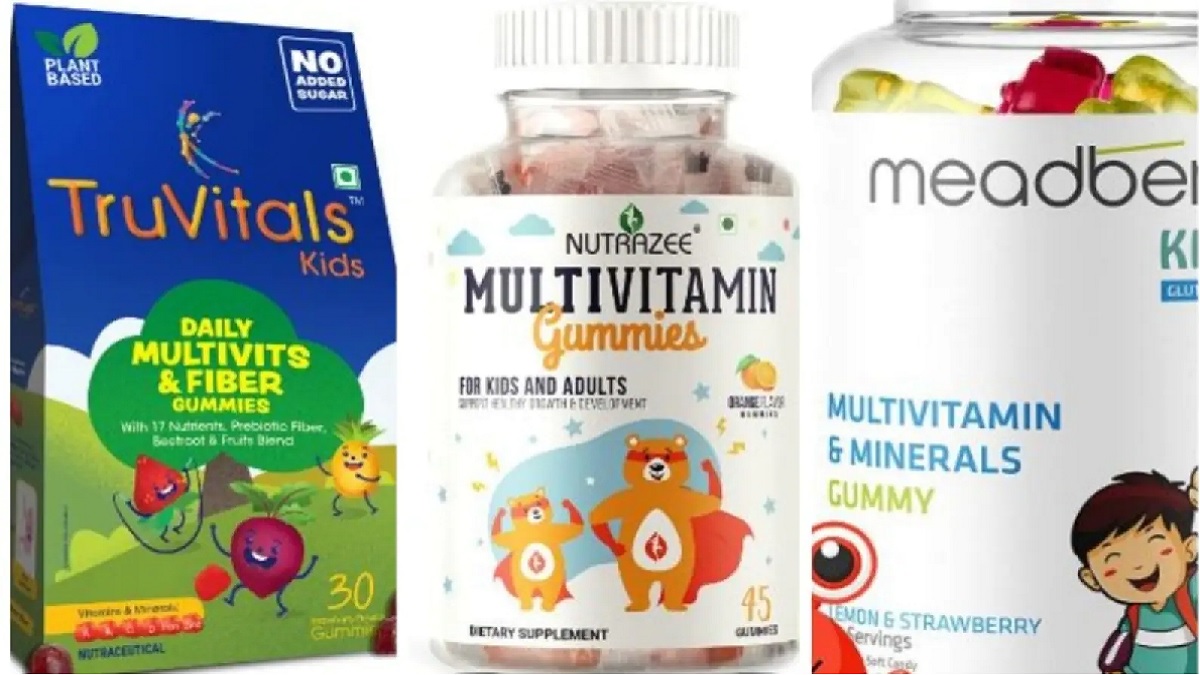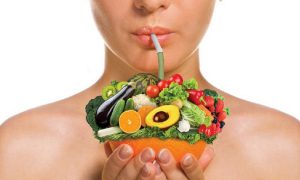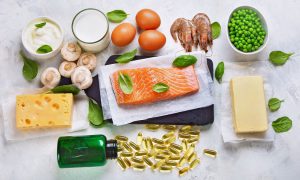Feeding healthy food to children, is sometimes challenging for parents. The first few years are important in child growth and development and they need more minerals and vitamins in their diet. A balanced diet can be source of all the essential nutrients. However, sometimes children develop nutritional deficiencies due to improper eating habits and consuming excessive junk food and processed foods. If such is the case, a pediatrician might prescribe some supplements, according to the child’s need. Here are a few important vitamins for the kids.
Vitamin A
Vitamin A plays a vital role when it comes to child’s growth and development. It promotes tissue and bone repair, improves functioning of eyes, important for healthy skin and immune responses. It can be obtained from dairy sources such as milk and cheese, eggs, yellow to orange vegetables such as carrot, Bell pepper, yams and squash.
Vitamin Bs
Vitamin B is a family of vitamins, including vitamin B2, B6, B3 and B12. Each of these vitamins has an integral role in energy production and maintenance of homeostasis.
Vitamin B2
Vitamin B2 also known as riboflavin plays a major part in body growth. It promotes production of red blood cells. It also aids in release of energy from Proteins. Vitamin B2 is water soluble which means that it is not stored in body. It serves it’s function ultimately the leftover vitamin B2 leaves the body through urine. Milk, yogurt, organ meat, chicken breast, salmon and Eggs are rich sources of Vitamin B2.
Vitamin B3
Vitamin B3 or niacin plays important role in optimizing skin, hair and nervous system health. It converts food we eat into energy. Peanut, avocados, green peas and tuna are good sources of Vitamin B3.
Read More: Omega-3 May Provide A Brain Boost For People In Midlife – About Pakistan
Vitamin B6
Vitamin B6 termed as pyridoxine is an integral part of children’s immunity. They aid in production of antibodies. Antibodies are important to fight infections, viruses, and other foreign bodies that cause diseases. It maintains normal nerve functioning. Vitamin B6 can be derived from banana, chickpeas, liver, asparagus, cottage cheese, citrus fruits and beans.
Vitamin B12
Vitamin B12 also called cobalamin is essential for brain development, neural myelination and cognitive function in children. Vitamin B12 deficiency during pregnancy and early child hood can lead to compromised child’s health and impaired cognitive functions. Chicken, trout, tuna, beef, eggs, milk, liver, cheese, yogurt and other dairy products are some of the basic sources of Vitamin B12.
Vitamin C
Vitamin C or ascorbic acid is obtained from citrus fruits, such as oranges, kiwi and strawberries. Some vegetables like capsicum and potatoes are also a rich source of vitamin C. Vitamin C is important to help the body against infections and it builds collagen. Apart from this it absorbs iron from food and promotes teeth, bones and gums health. It is better to consume the vegetables in raw form because some of the vitamin C is lost while cooking.
Vitamin D
Vitamin D is synthesized by our body when we get sunlight directly on our skin. It helps in absorption of calcium, which enhances the bone density and strength. However, it is also found in egg yolks, fish, liver oil, butter, margarine and mushrooms but in a trace amount.
Vitamin E
Vitamin E is found in sunflower oil, seeds, nuts, canola oils and margarine. It is beneficial for skin, hair and eyes. It also boosts immune system to protect the child from diseases.
Vitamin K
Vitamin K is important for the clot formation. It prevents excessive bleeding. Green leafy vegetables like spinach and broccoli deliver a good amount of vitamin K. Eggs and beans also have small amount of vitamin K.
Folate ( folic acid)
Foliate is essentially given to pregnant females during first trimester to avoid neural tube defects in foetus. This highlights the importance of folate as it stimulates the production of blood cells and DNA and also helps in absorption of proteins.
Minerals and their sources
Besides vitamins, there are some essential minerals that play an integral role in child’s growth and development. These minerals include:
Calcium
Importance of calcium in bone growth and teeth formation can not be undermined. Calcium is obtained majorly from dairy sources, however some amount of calcium is also found in Fish with edible bones such as tofu, salmon and sardines. A scarce amount of calcium is present in green leafy vegetables such as kale an bok choy.
Iodine
Iodine is important for normal functioning of thyroid gland which stimulates normal growth of body. It help controls how body uses oxygen and the way cells make energy. Iodine comes from seafood, iodized soil and iodized salt. Many of the bakery products are made with the iodized salt, which is sufficient to meet human’s need. Breast feeding women needs higher level of iodine.
Iron
Meat, liver, apples, seafood and dried beans are some of the major sources from which iron is drawn. Iron finds its role in brain functioning and red blood cells production. Iron is a component of haemoglobin which is responsible to circulate oxygen throughout the body.
Read More: Health Benefits of Turmeric – About Pakistan
Zinc
Zinc helps with growth, wound healing and normal functioning of immune system. Zinc is obtained from Milk, seafood, meat, tofu and whole grain cereals.
Trace minerals
Other minerals that are required for the normal functioning of the body include phosphorus, magnesium, copper, chromium and manganese.
Do kids need supplements.
Normally children require around 1400 to 1500 calories in a day, which can be obtained easily from a balanced diet. However, sometimes children develop some abnormalities due to mineral or vitamin deficiencies such as rickets is caused as result of vitamin D deficiency. Similarly, vitamin B12 deficiency can cause anaemia in children, which is more common in early years of life than adulthood. To address these deficiencies a paediatrician or dietitian may add some vitamin supplements in a child’s diet to cure certain diseases. Children need a small amount of vitamins and occasionally supplements can result in build up of these vitamins in body which can be dangerous. Vitamin supplements should be given to children only when prescribed otherwise they might cause harm to child’s health.























